Menu
Hot-Topics
February 19, 2026 | SCOTUS Reaffirms Fourth Amendment Standard for Police Responding to Household Emergencies
Category: Homepage post
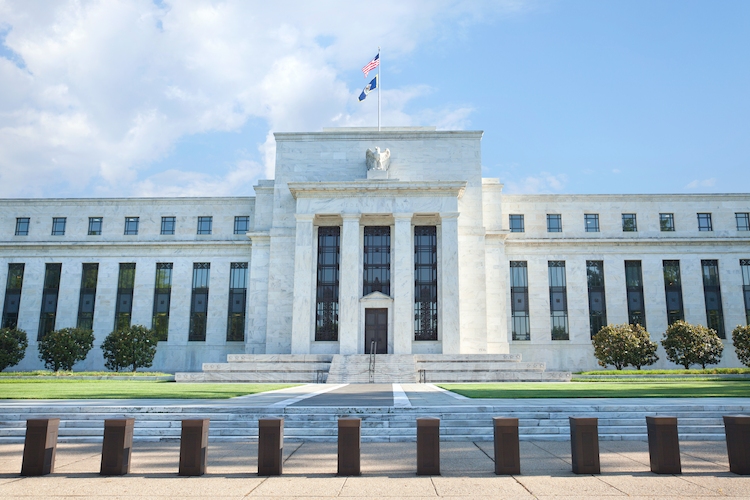
U.S. Supreme Court Upholds CFPB Funding Scheme
In Consumer Financial Protection Bureau v. Community Financial Services Assn. of America, Ltd., 601 U.S. ____ (2024), the U.S. Supreme Court upheld the funding scheme that supports the Consumer Financial Protection Bureau (CFPB or Bureau). By a vote...

SCOTUS Sides With California Developer in Takings Case
In Sheetz v. County of El Dorado, 601 U.S. ____ (2024), the U.S. Supreme Court held that a traffic impact fee imposed by the County of El Dorado based on a fee schedule in the County’s General Plan ran afoul of the Constitution’s Takings Clause....

Supreme Court Lowers the Bar for Title VII Suits Alleging Discriminatory Transfers
In Muldrow v. City of St. Louis, Missouri, 601 U.S. ____ (2024), the U.S. Supreme Court unanimously held that an employee challenging a job transfer under Title VII of the Civil Rights Act of 1964 must show that the transfer brought about some harm ...

SCOTUS Clarifies Reach of FAA Exemption for Transportation Workers
In Bissonnette v. LePage Bakeries Park St., LLC, 601 U.S. ____ (2024), the U.S. Supreme Court held that the Federal Arbitration Act’s (FAA) exemption for transportation workers in interstate commerce applies to transportation workers regardles...

SCOTUS Rules Double Jeopardy Bans Retrial of Defendant Found Non-Guilty by Reason of Insanity
In McElrath v. Georgia, 601 U.S. ____ (2024), the U.S. Supreme Court held that the State of Georgia can’t retry a defendant acquitted of murder by reason of insanity. The justices unanimously held that the jury’s verdict that Damian McElrath was...

SCOTUS Rules FBI Must Face Lawsuit Over No-Fly List
In FBI v. Fikre, 601 U.S. ____ (2024), the U.S. Supreme Court held that Yonas Fikre’s lawsuit against the FBI is not moot. Accordingly, his suit alleging that the government placed him on the No Fly List unlawfully may proceed in the lower courts....
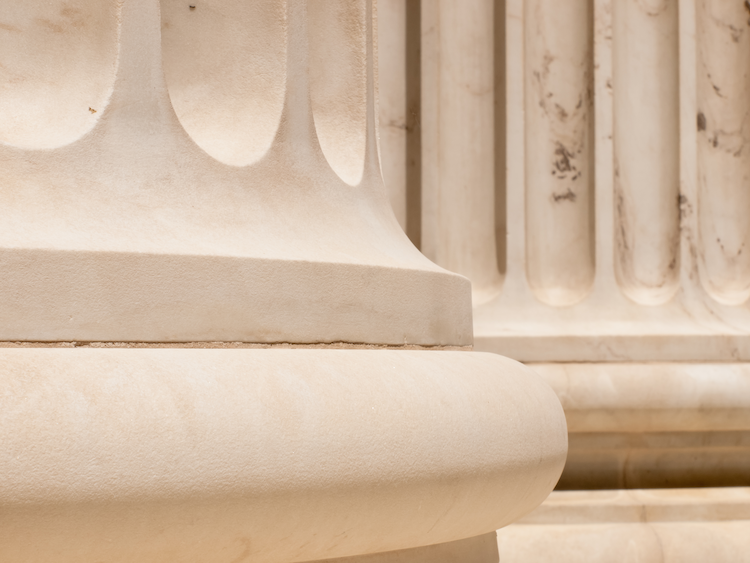
SCOTUS Considers Pair of High-Profile First Amendment Cases
The U.S. Supreme Court heard oral arguments in six cases last week, with two potential First Amendment blockbusters before the Court. In National Rifle Association of America v. Vullo, the justices considered the NRA’s free speech claims agains...
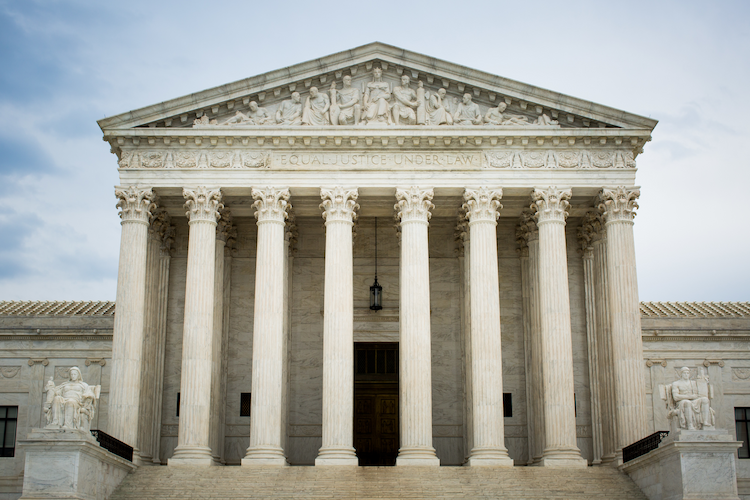
Supreme Court Clarifies When Public Officials Can Be held Liable for Social Media Activity
In Lindke v. Freed, 601 U.S. ____ (2024), the U.S. Supreme Court ruled that public officials may be held liable for their social media activity in certain circumstances. The justices unanimously held that speech by a government official about job-r...
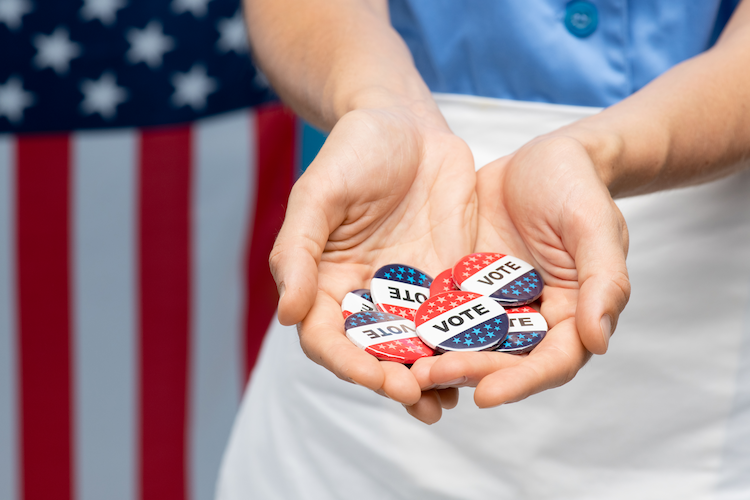
SCOTUS Rules Trump Can Remain on Ballot Rejecting 14th Amendment Challenge
The U.S. Supreme Court unanimously held in Trump v. Anderson, 601 U.S. ____ (2024), that states can’t remove former President Donald Trump from 2024 presidential primary ballots for his role in the events of January 6, 2021. In a per curium opinio...
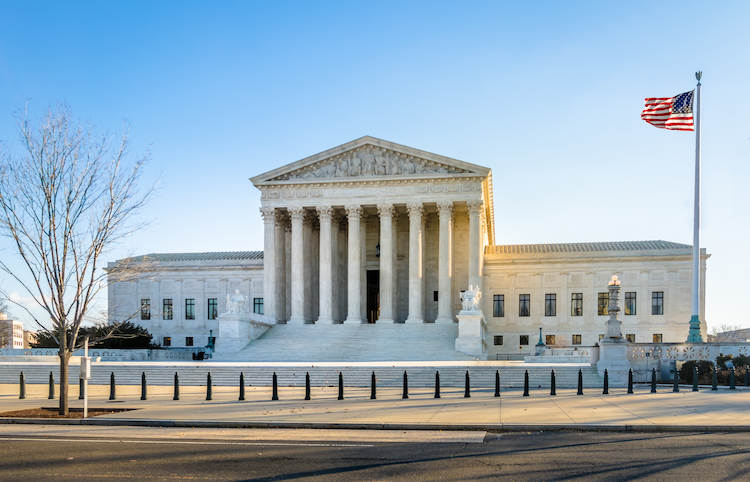
SCOTUS to Take Up Abortion Again in April
The U.S. Supreme Court will take up abortion again with oral arguments in Moyle v. United States scheduled for April 24, 2024. The issue before the Court is whether Idaho’s strict abortion law is preempted by the Emergency Medical Treatment and L...
Previous Articles
SCOTUS Decision in Bowe v. United States Is First of the 2026 Term
by DONALD SCARINCI on February 5, 2026
In Bowe v. United States, 607 U.S. ___ (2026), the U.S. Supreme Court held that Title 28 U.S.C. § ...
SCOTUS Rules State Can’t Immunize Parties from Federal Civil Liability
by DONALD SCARINCI on January 29, 2026
In John Doe v. Dynamic Physical Therapy, LLC, 607 U.S. ____ (2025) the U.S. Supreme Court held that...
Supreme Court to Address Racial Discrimination in Jury Selection
by DONALD SCARINCI onWhile the U.S. Supreme Court has concluded oral arguments for the year, it continues to add cases t...
The Amendments
-
Amendment1
- Establishment ClauseFree Exercise Clause
- Freedom of Speech
- Freedoms of Press
- Freedom of Assembly, and Petitition
-
Amendment2
- The Right to Bear Arms
-
Amendment4
- Unreasonable Searches and Seizures
-
Amendment5
- Due Process
- Eminent Domain
- Rights of Criminal Defendants
Preamble to the Bill of Rights
Congress of the United States begun and held at the City of New-York, on Wednesday the fourth of March, one thousand seven hundred and eighty nine.
THE Conventions of a number of the States, having at the time of their adopting the Constitution, expressed a desire, in order to prevent misconstruction or abuse of its powers, that further declaratory and restrictive clauses should be added: And as extending the ground of public confidence in the Government, will best ensure the beneficent ends of its institution.
Awards





